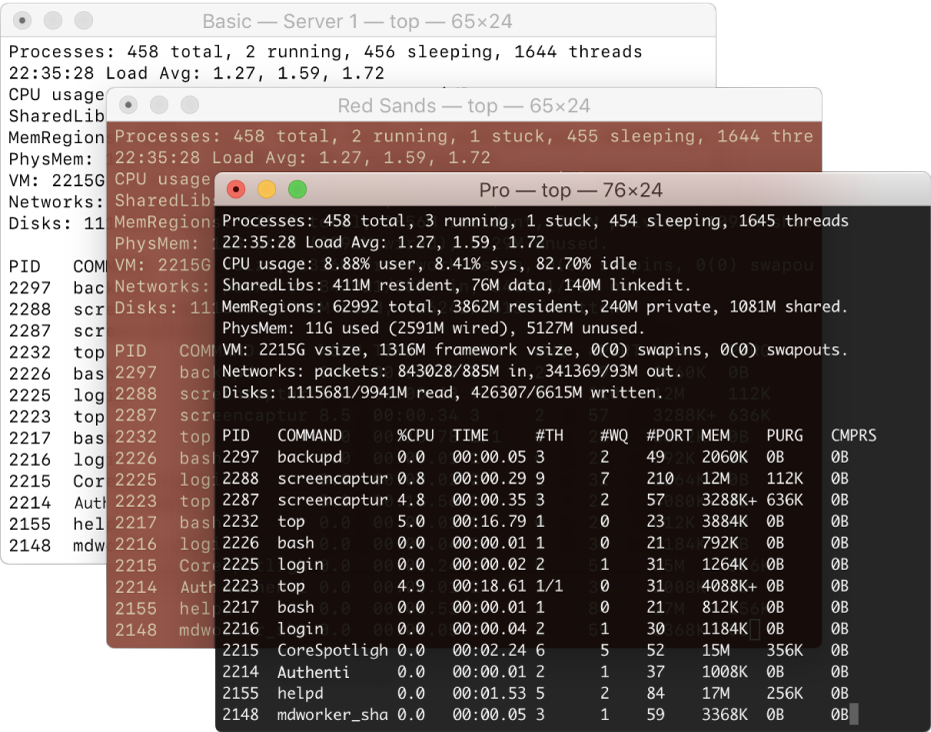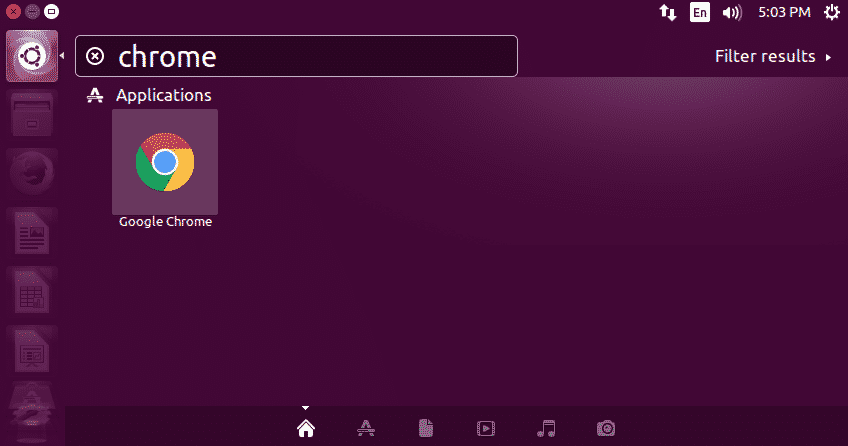Edit /.bashprofile file and add the following line alias chrome='open -a 'Google Chrome' Save and close the file. Either run source /.bashprofile or open a new window in Terminal. You can now open the file, file.html, by running: chrome file.html on the command line. Start chrome /incognito. To do this from the Run program, enter this command instead: chrome /incognito. Chrome will now open in incognito mode. Jump Straight to a Specific Website. If you want to save yourself a step and open a specific website in Chrome from the Command Prompt, you can do so by running this command: start chrome www.


Apple is planning on selling Macs with arm chips by the end of 2020. This document describes the state of native binaries for these Macs.
There's a bot that builds for arm. It cross-builds on an Intel machine.

There's also a tester bot that continuously runs tests. Most tests pass.
Building for arm Macs
You can build Chrome for arm macs on an Intel Mac. To build for arm64, you have to do 2 things:
use the
MacOSX11.0.sdkthat comes with Xcode 12.2. If you‘re on Google’s corporate network, this SDK is part of the hermetic toolchain and will be used automatically. Otherwise, manually download and install this version of Xcode and, if necessary, make it the active Xcode withxcode-select.Add
target_cpu = 'arm64'to yourargs.gn.
Then build normally.
To run a built Chromium, you need to copy it to your arm mac. If you don‘t do a component build (e.g. a regular is_debug=false build), you can just copy over Chromium.app from your build directory. If you copy it using macOS’s “Shared Folder” feature and Finder, Chromium.app should be directly runnable. If you zip, upload Chromium.app to some web service and download it on the DTK, browsers will set the com.apple.quarantine bit, which will cause Finder to say 'Chromium' is damanged and can't be opened. You should move it to the Trash.'. In Console.app, the kernel will log kernel: Security policy would not allow process: 2204, /Users/you/Downloads/Chromium.app/Contents/MacOS/Chromium and amfid will log amfid: /Users/you/Downloads/Chromium.app/Contents/MacOS/Chromium signature not valid: -67050. To fix this, open a terminal and run
After that, it should start fine.
As an alternative to building locally, changes can be submitted to the opt-in mac-arm64-rel trybot. A small number of swarming bots are also available for Googlers to run tests on.
You can follow the Mac-ARM64 label to get updates on progress.
Universal Builds

A “universal” (or “fat”) .app can be created from distinct x86_64 and arm64 builds produced from the same source version. Chromium has a universalizer.py tool that can then be used to merge the two builds into a single universal .app.
The universal build is produced in this way rather than having a single all-encompassing gn configuration because:
- Chromium builds tend to take a long time, even maximizing the parallelism capabilities of a single machine. This split allows an additional dimension of parallelism by delegating the x86_64 and arm64 build tasks to different machines.
- During the mac-arm64 bring-up, the x86_64 and arm64 versions were built using different SDK and toolchain versions. When using the hermetic SDK and toolchain, a single version of this package must be shared by an entire source tree, because it’s managed by
gclient, notgn. However, as of November 2020, Chromium builds for the two architectures converged and are expected to remain on the same version indefinitely, so this is now more of a historical artifact.
Building on arm Macs
It's possible to build on an arm Mac, without Rosetta. However, this configuration is not yet covered by bots, so it might be broken from time to time. If you run into issues, complain on https://crbug.com/1103236
Also, several of the hermetic binaries in depot_tools aren‘t available for arm yet. Most notably, vpython is not yet working (tracking bug). vpython is needed by git cl, so things like git cl upload don’t yet work on an arm Mac. The build will also use system python, python3, and git, instead of depot_tools's hermetic versions for now.
However, enough works to be able to check out and build (with goma too), with some setup.
opt in to arm64 binaries from cipd by running
(If you want to build
tools/metrics:histograms_xml, you also need toecho arm64 > third_party/depot_tools/.cipd_client_platformin your chromium checkout. This isn't needed for building chromium or any test targets.)opt out of vpython by running
Open Chrome From Terminal Mac New Window
With this, you should be able to run fetch chromium normally, and then build, using gn, ninja etc like normal.
Chrome Terminal Server
gtest-based binaries should build, run, and mostly pass. Web tests probably don't work yet due to lack of an arm apache binary (tracking bug).
